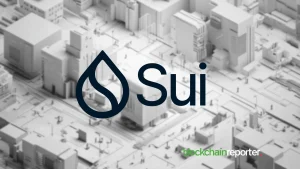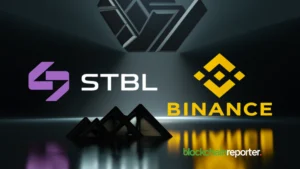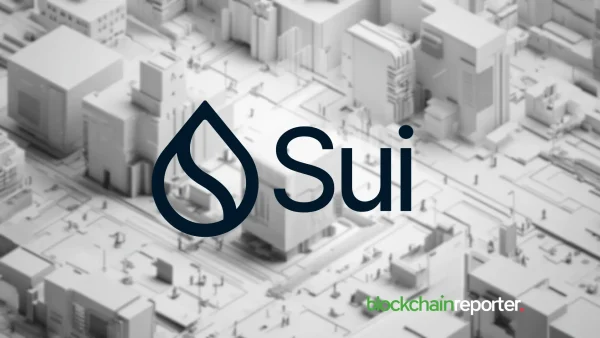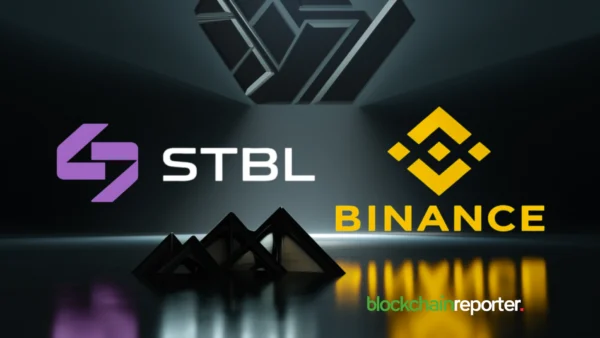
- Thailand is currently testing its blockchain-based national ID solution
- The country has also announced plans for launching a blockchain-based voting system
- Both systems are more secure than the ones they will replace
The trend of using blockchain solutions in government authentication services is gaining momentum – governments are starting to acknowledge the benefits of the distributed ledger, such as increased security and convenience for the end user. The latest country to join this tendency is Thailand.
Full-fledged Voting on Blockchain
It is expected that in under five months, blockchain-based national digital ID service in Thailand will be made available for the public use. Right now, the project is in its testing phase.
According to the SEC, Thailand consultant’s Bhume Bhumiratana’s speech made at the “Blockchain for Sustainable Development Goals” forum, this decentralized system will have a limited launch for bank staff in January and will become public within next three to five months.
Making ID more secure and convenient
Digital ID should solve the previous problems with security, allowing users to make safer online transactions and enabling greater access to bank accounts and lending. Thanks to the system, banks will be provided with eKYC based on facial recognition and blockchain-powered identity authentication technology.
The list of organizations that worked with a national ID team on improving the system includes The Digital Government Development Agency, the Bank of Thailand, the Securities and Exchange Commission, and the Revenue Department. Most recently, these organizations were joined by the National Broadcasting and Telecommunications Commission.
Bhume Bhumiratana also stated that Digital ID will provide users a new feature for mobile banking, by which the banks are identity platforms.
He added:
“Once you make a transaction with other financial companies, it can be performed with digital ID, without requiring any documents.”
Because of the improved identity ecosystem, financial institutions will be able to use data analytics in order to offer attractive interest rates proportional to borrowers’ risk profiles. The national ID team and Education Ministry are currently discussing its potential application.
Not only ID
Thailand is also developing blockchain voting system – National Electronics and Computer Technology Center (Nectec) has made a blockchain technology platform that in combination with the 5G mobile communication networks will introduce safe voting to “national, provincial or community elections.” According to Nectec, the goal is “to reduce fraud and maintain data integrity” – the aim that is definitely achievable with the use of distributed ledger.









